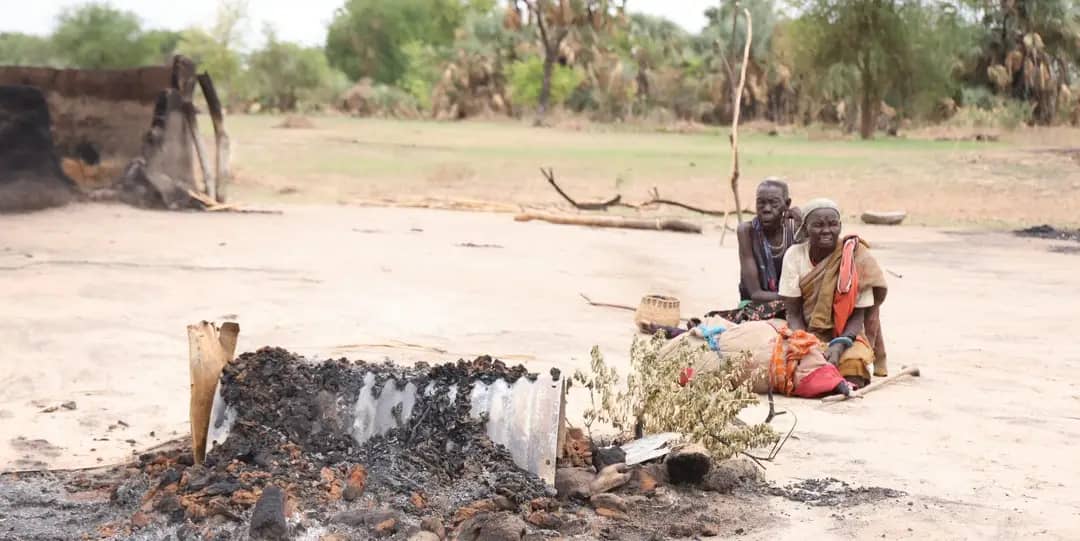
The United Nations Mission in South Sudan (UNMISS) has raised urgent concerns about the devastating impact of sub-national violence on civilians in South Sudan.
In a statement obtained by Standard Zone News, UNMISS emphasized that community-based militias are the leading perpetrators of civilian harm, accounting for 79 percent of victims in violent incidents.
Warrap State has recorded the highest number of civilian deaths and injuries, while Western Equatoria State leads in cases of sexual violence.
“The majority of abductions occurred in Central Equatoria State, allegedly carried out by members of the Salvation Front splinter groups, followed by Jonglei State, where Murle armed elements were reportedly responsible,” the mission stated.
Reacting to these troubling trends, Nicholas Haysom, the Secretary-General’s Special Representative to South Sudan and Head of UNMISS, called for immediate action by national and local authorities to address the root causes of conflict and protect civilians.
“Protecting civilians and preventing violence requires urgent action by authorities at the national, state, and local levels, as well as by communities, to address the root causes of conflict and find non-violent solutions,” Haysom said. “Promoting dialogue, reconciliation, social cohesion, and building trust are essential steps toward peace.”
He emphasized the responsibility of the government to protect civilians and urged authorities to defuse tensions, end the violence, and hold perpetrators accountable.
UNMISS revealed that between January and December 2024, 1,019 violent incidents affected 3,657 civilians, resulting in 1,561 civilian deaths, 1,299 injuries, 551 abductions, and 246 cases of conflict-related sexual violence.
South Sudan is facing one of its worst humanitarian crises since independence, fueled by escalating sub-national violence, the conflict in neighboring Sudan, worsening economic collapse, climate shocks, and a sharp decline in international aid.
During a recent address to the United Nations Security Council, Haysom sought the council’s support in addressing the worsening violence, particularly in Nasir and other affected areas.
“I seek the support of this council to immediately address the Nasir tensions through dialogue rather than further military confrontation, which risks tipping the country into broader conflict,” he stated.
Haysom attributed the tensions in Nasir to political deadlocks and disagreements that have escalated into violent clashes. He stressed the importance of dialogue and collaborative solutions to prevent the conflict from spreading further.
The dire security and humanitarian situation in South Sudan highlights the need for urgent and coordinated efforts from all stakeholders to protect civilians and foster long-lasting peace.

